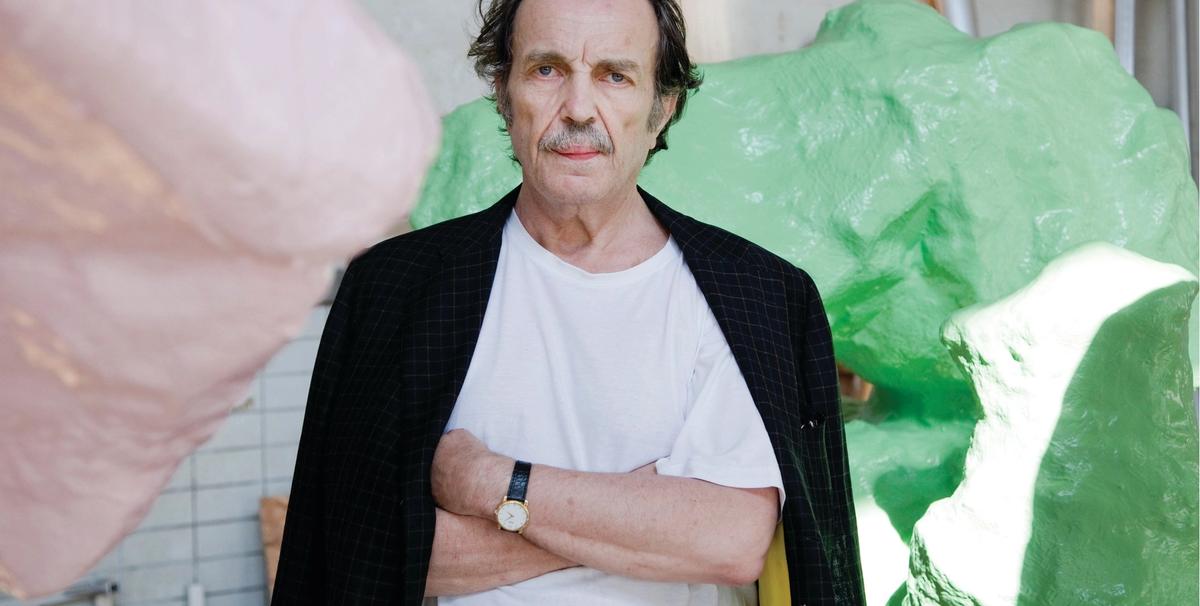The family of the late Austrian sculptor Franz West won a legal victory today (27 June) in a five-year battle over the artist’s estate, when a Viennese court concluded that a new foundation established days before his death to manage his rights and assets was created without a proper contract. “They were done in the hospital, just two days before he died and just hours before he had to receive medication,” says the family’s lawyer, Christoph Kerres of Kerres Partners.
Unless the foundation appeals the decision, the remaining art in the artist’s estate and the proceeds from any work already sold—altogether “worth many millions of euros”, Kerres says—will be turned over to West’s two children and their legal guardian, Benedikt Ledebur.
In 2012, just days before he died in Vienna of complications due to hepatitis, West signed paperwork authorising the formation of the Franz West Private Foundation. The organisation then claimed rights to the artist’s assets and royalties, which would have otherwise gone to West’s wife, artist Tamuna Sirbiladze, who died last year, and their two young children. The foundation’s director, Ines Turian, told the The Art Newspaper in 2016 that it considered itself “the one and only legitimate representative of the artistic will of Franz West”.
Those on the family’s side say that individuals with a financial stake in the estate, including Gagosian dealer Ealan Wingate, who was at the hospital during West's final days, “wanted to make sure with the foundation that the heirs would not be in conflict” with the gallery’s interests, Kerres says. As a result, “the lawyer did a rushed job, just writing something by hand and forgetting major parts of an agreement.” Neither Wingate, a Gagosian spokeswoman nor Turian, who was also West’s longtime studio assistant, immediately returned requests for comment.
The Regional Court for Civil Law Vienna today concluded that the foundation’s last-minute contracts were improper. The court decided that the documents were missing important language that is standard in such an agreement, including a formal “statement of dedication” by the foundation that indicated its acceptance of the terms.
If the foundation dissolves as a result of the ruling, the Franz West Archive, established in 1997, could become the sole authenticator of West’s works. (Board member Edelbert Köb could not be reached for comment.) The archive has previously sued the private foundation, as well as Gagosian Gallery, which represents the artist in the US, and Galerie Eva Presenhuber, for selling the artist’s furniture and photographs, claiming it owns the sole license for those works.
“It would have been really unfair for the children to not only lose their parents, but also all their inheritance rights,” says Kerres. “But the legal order is back and, though the children are too young to realise it, this is the decision that will probably most affect the rest of their lives.”


